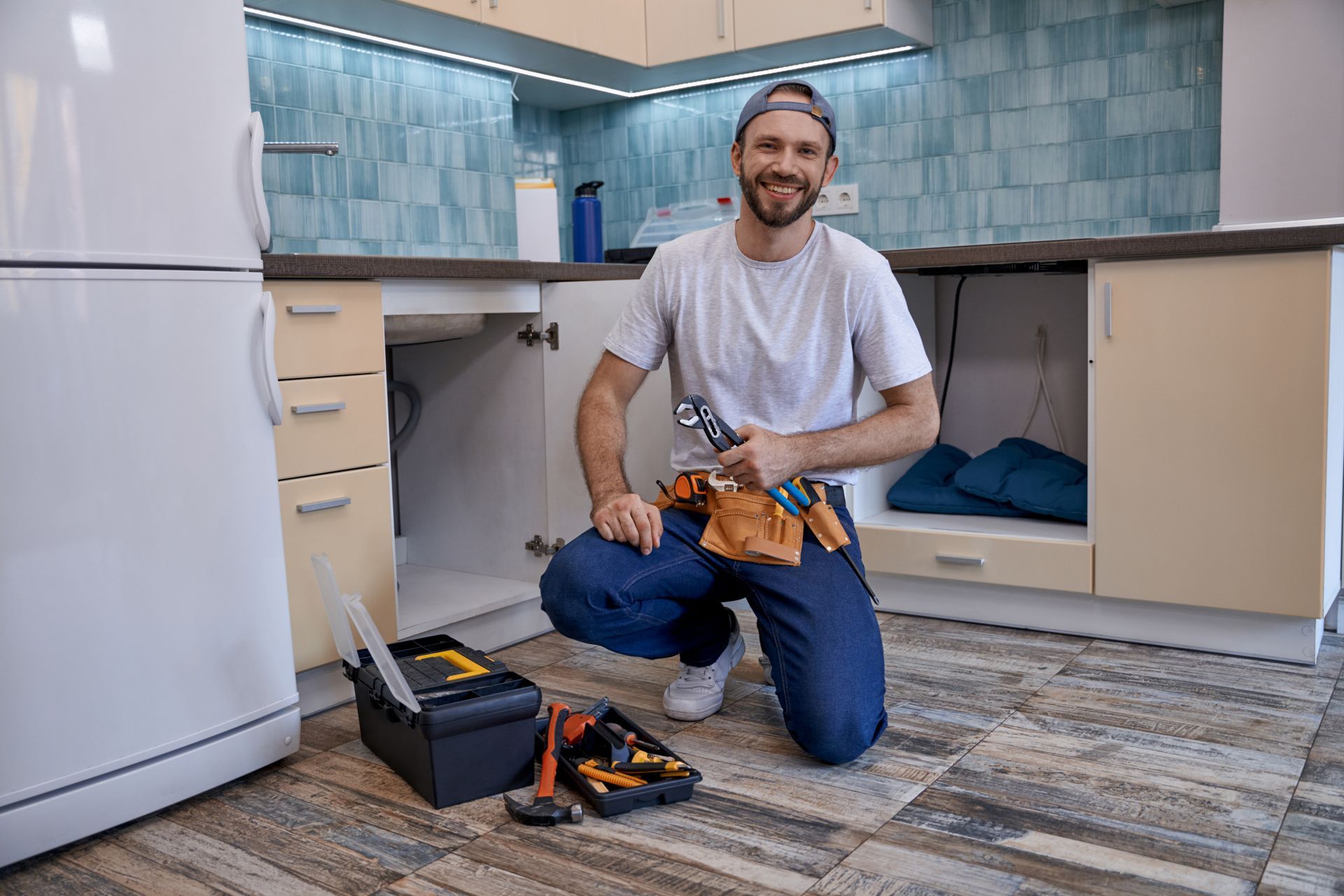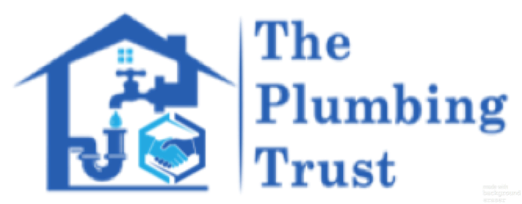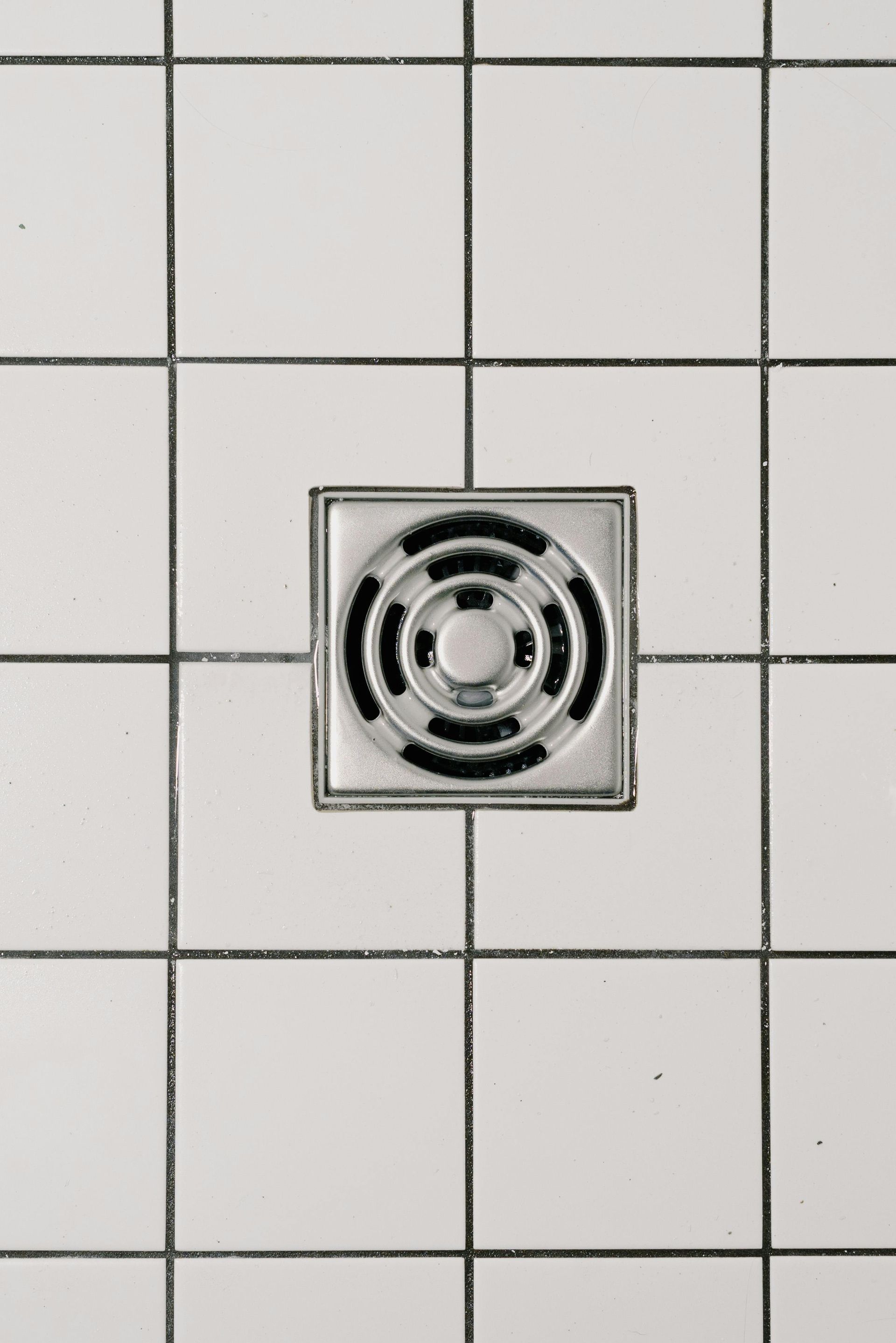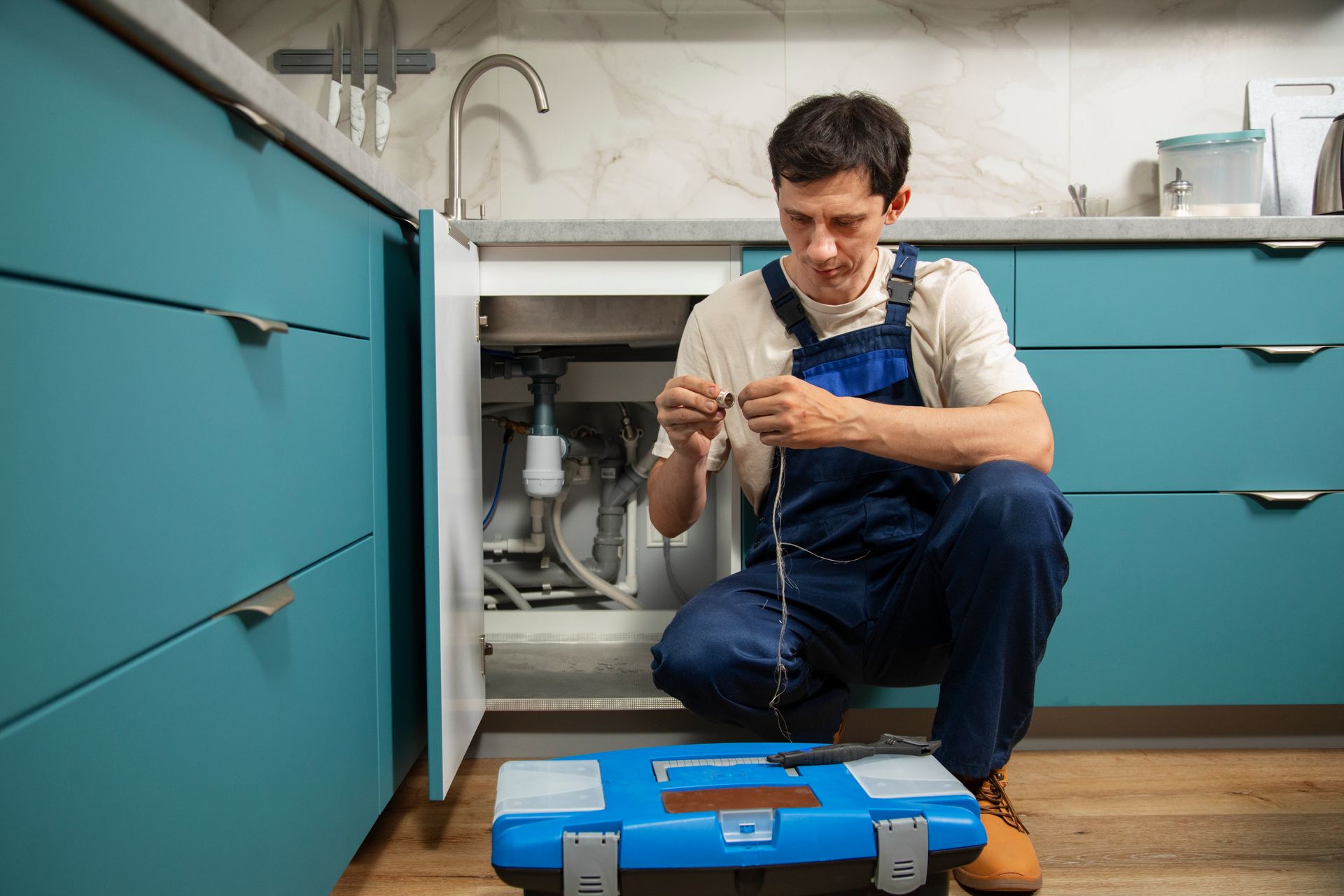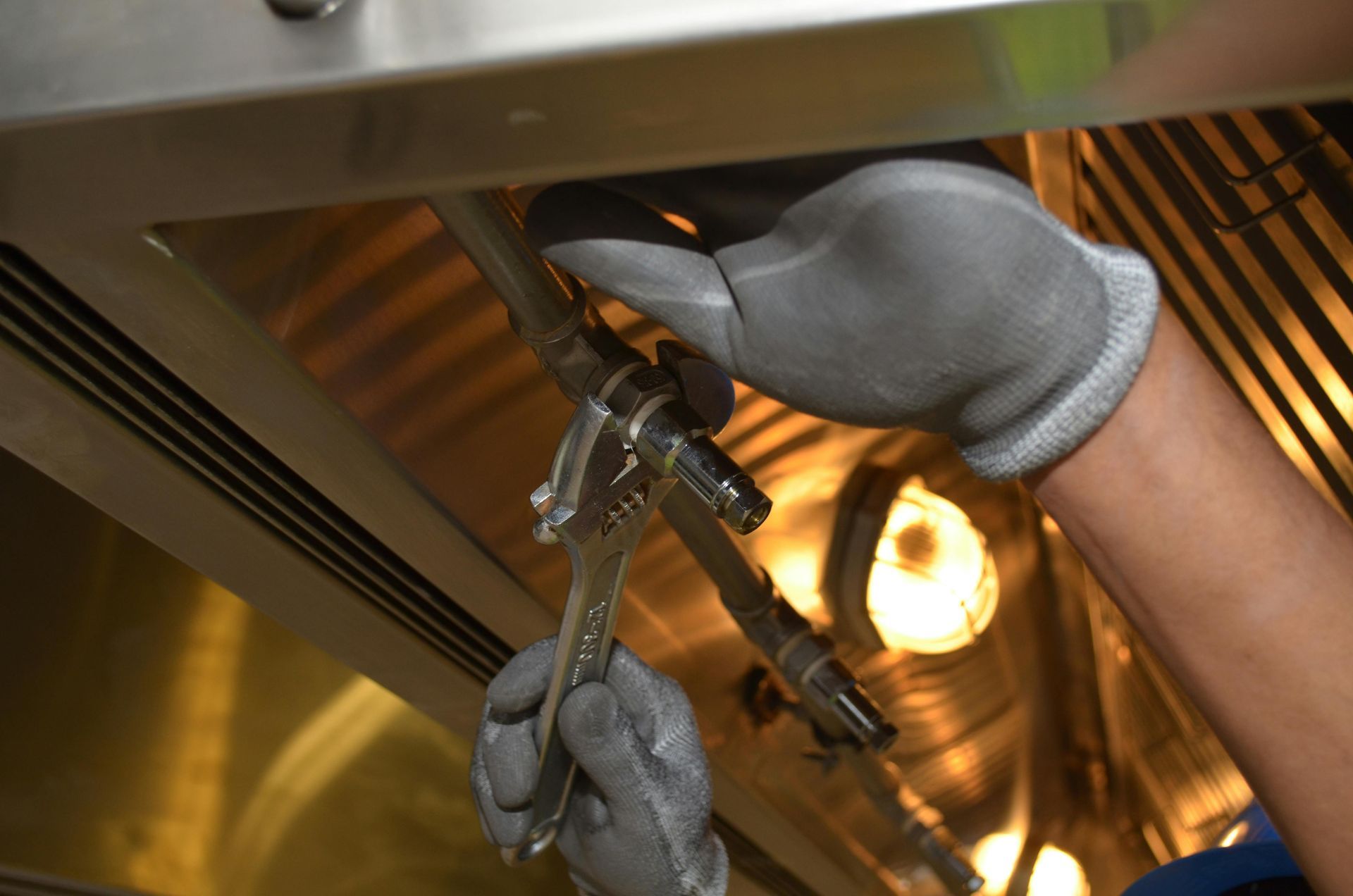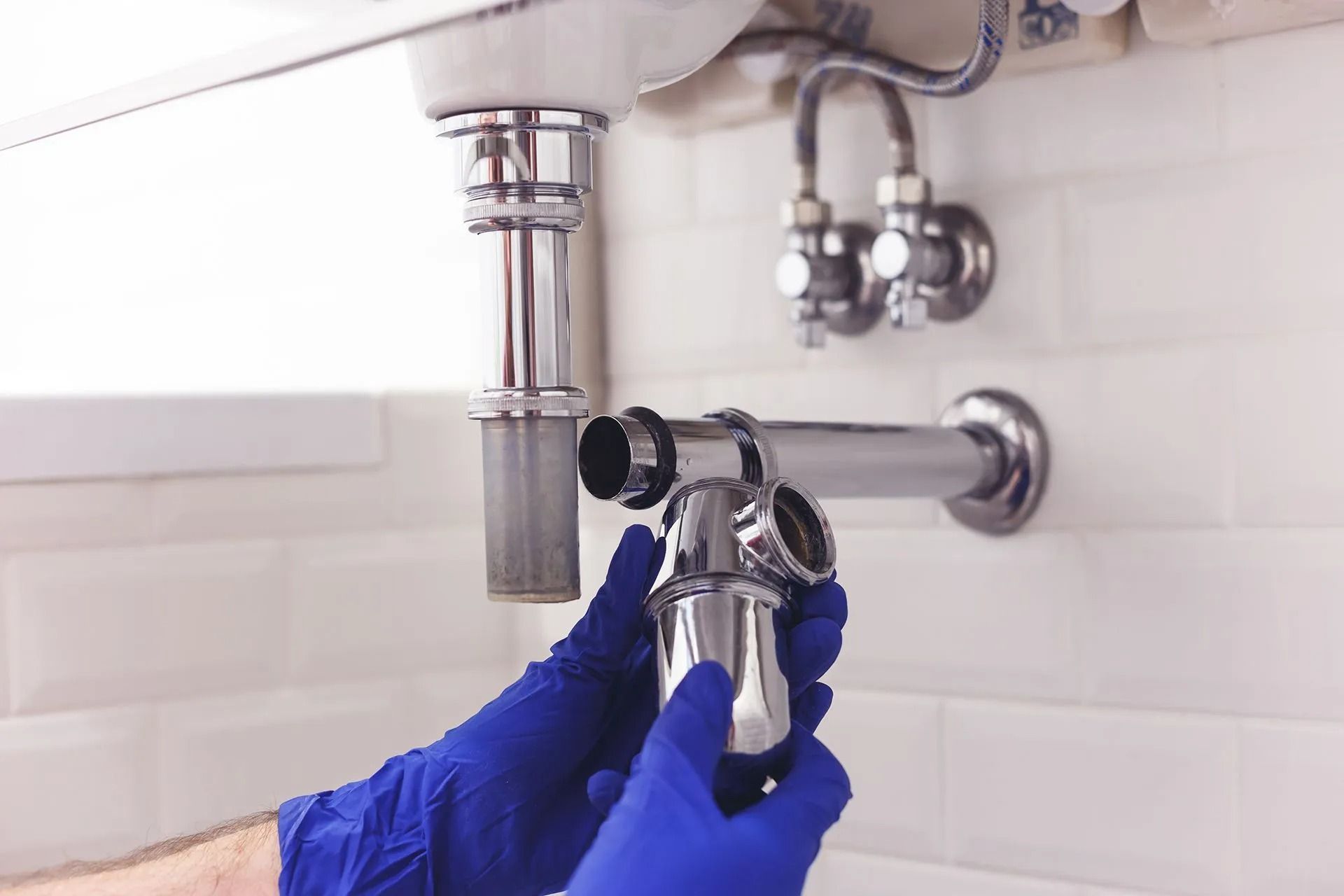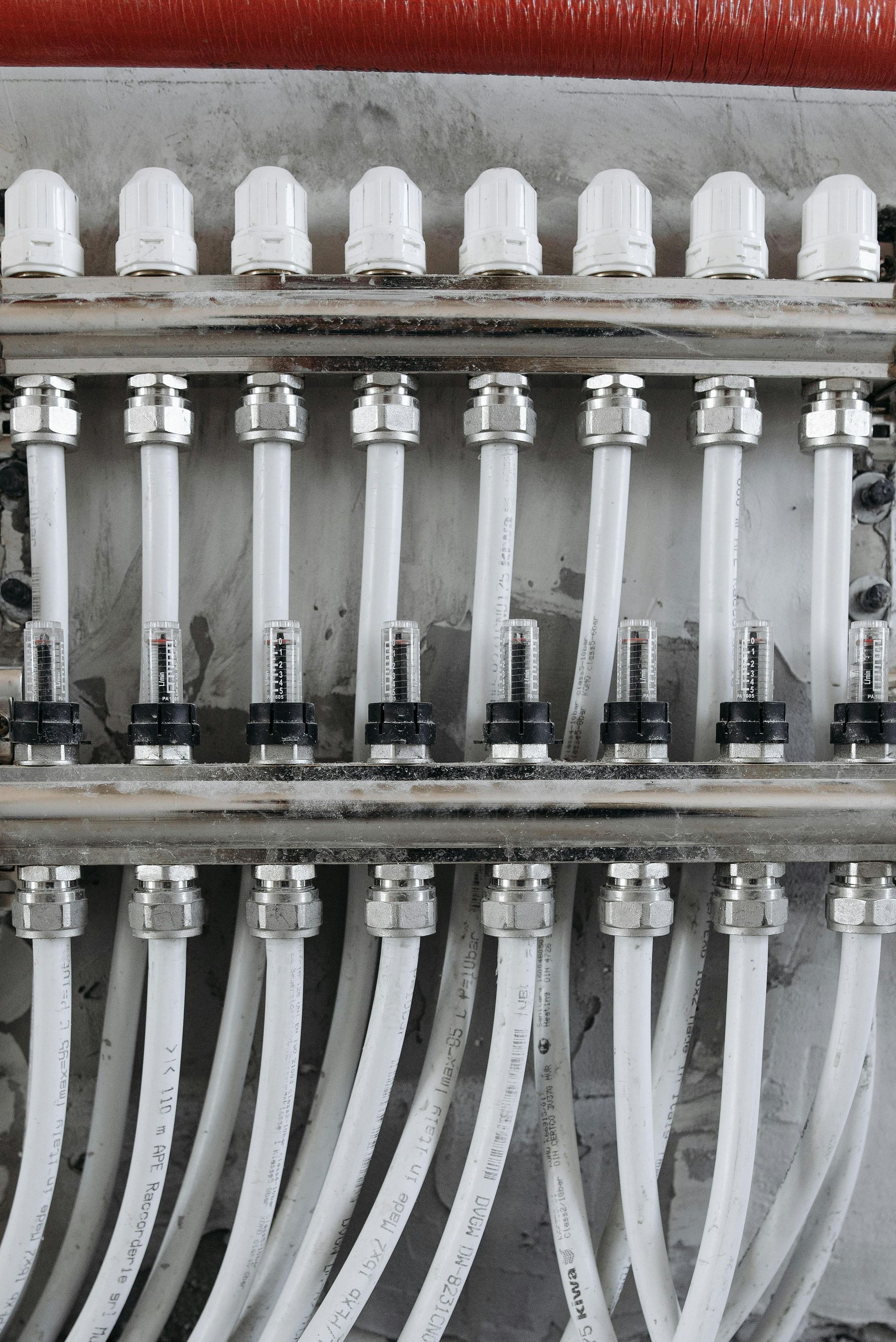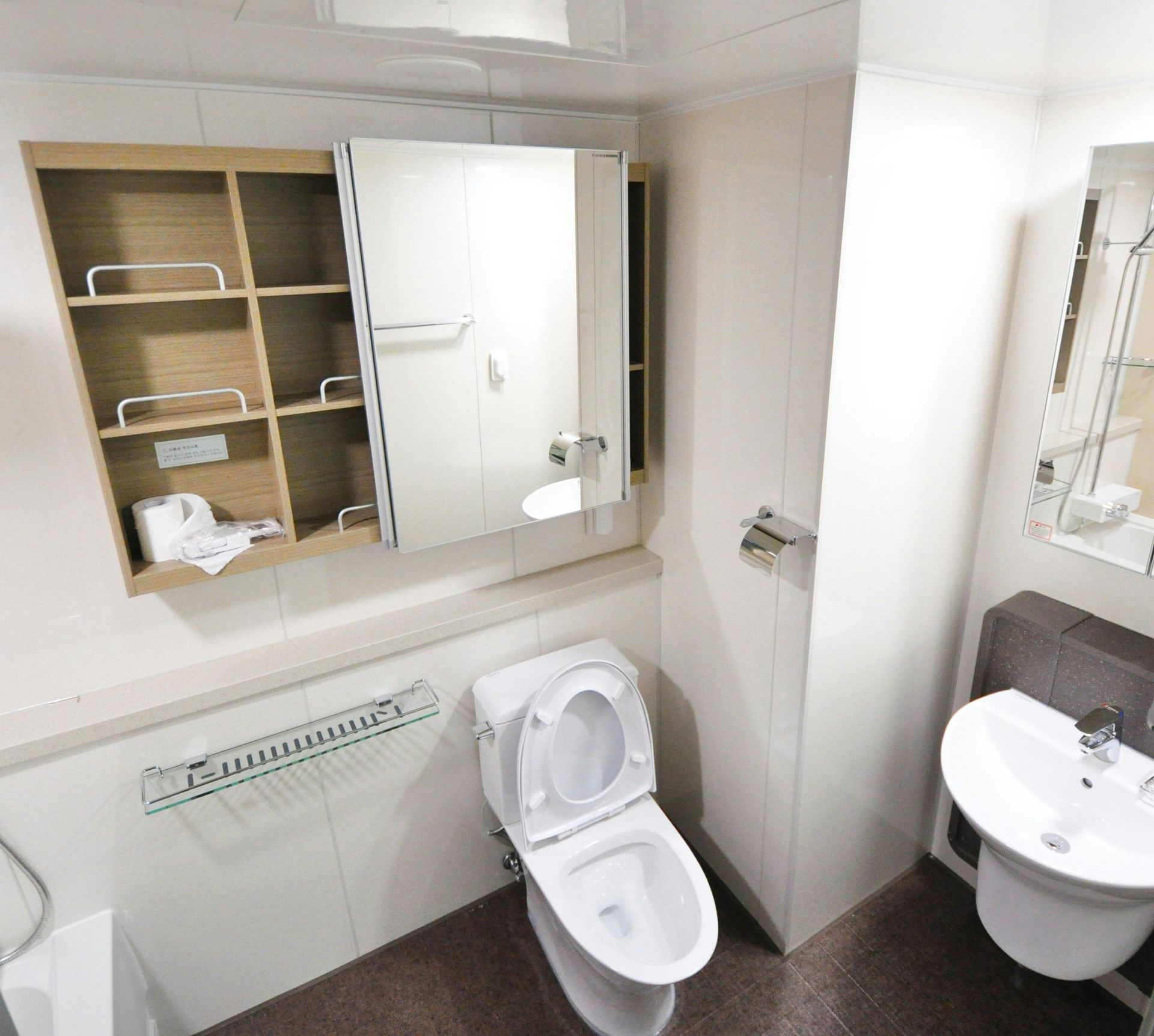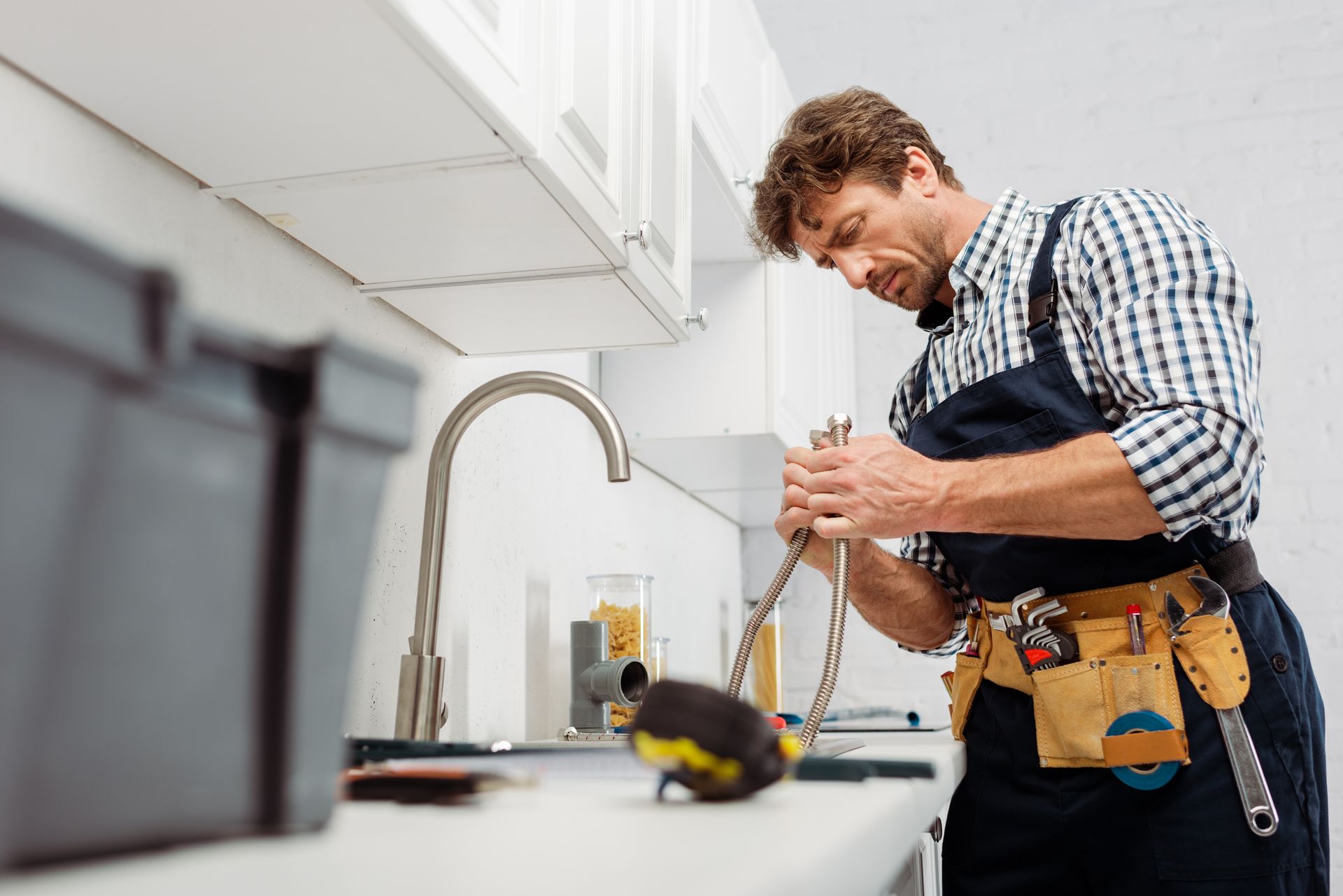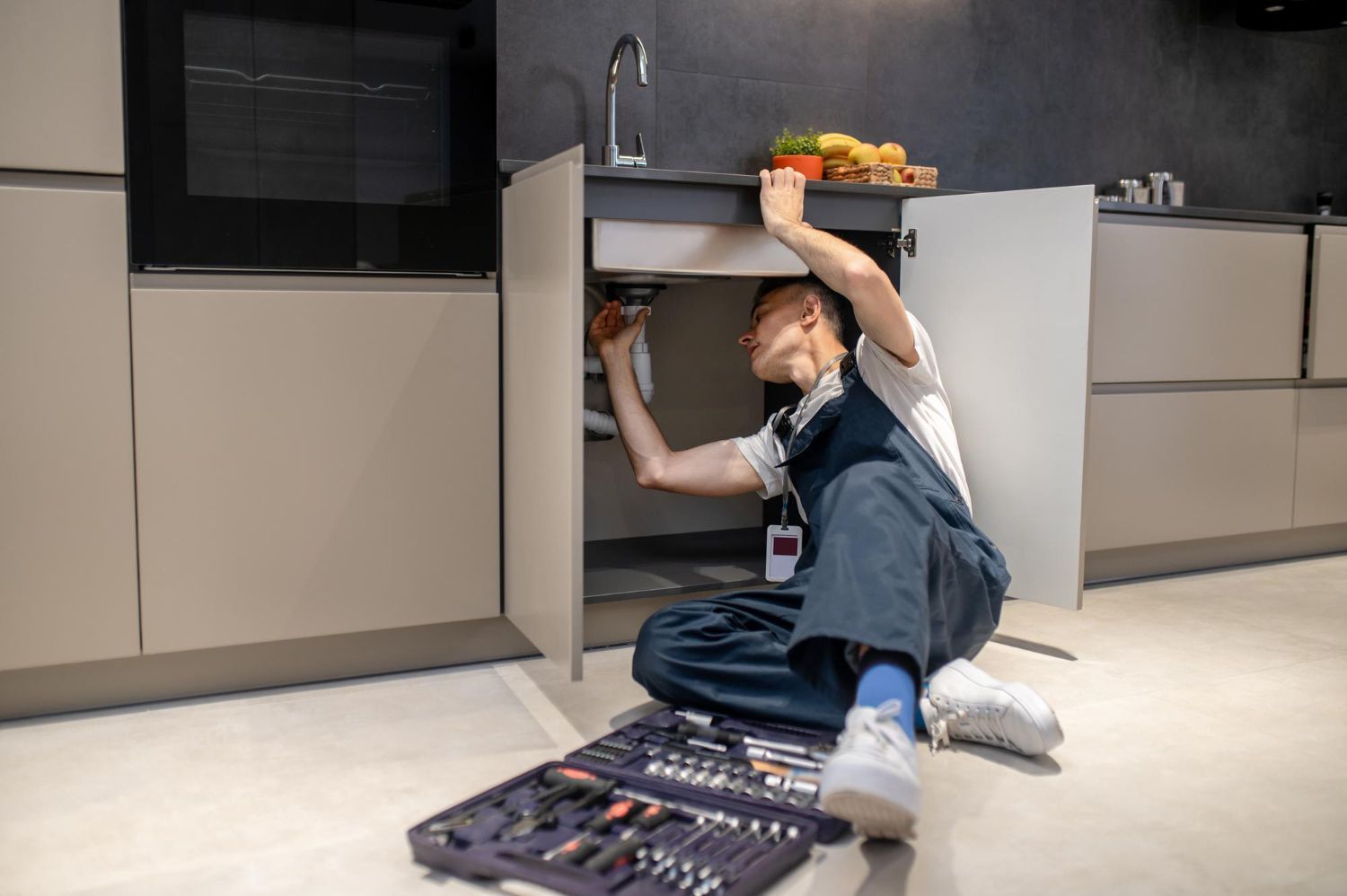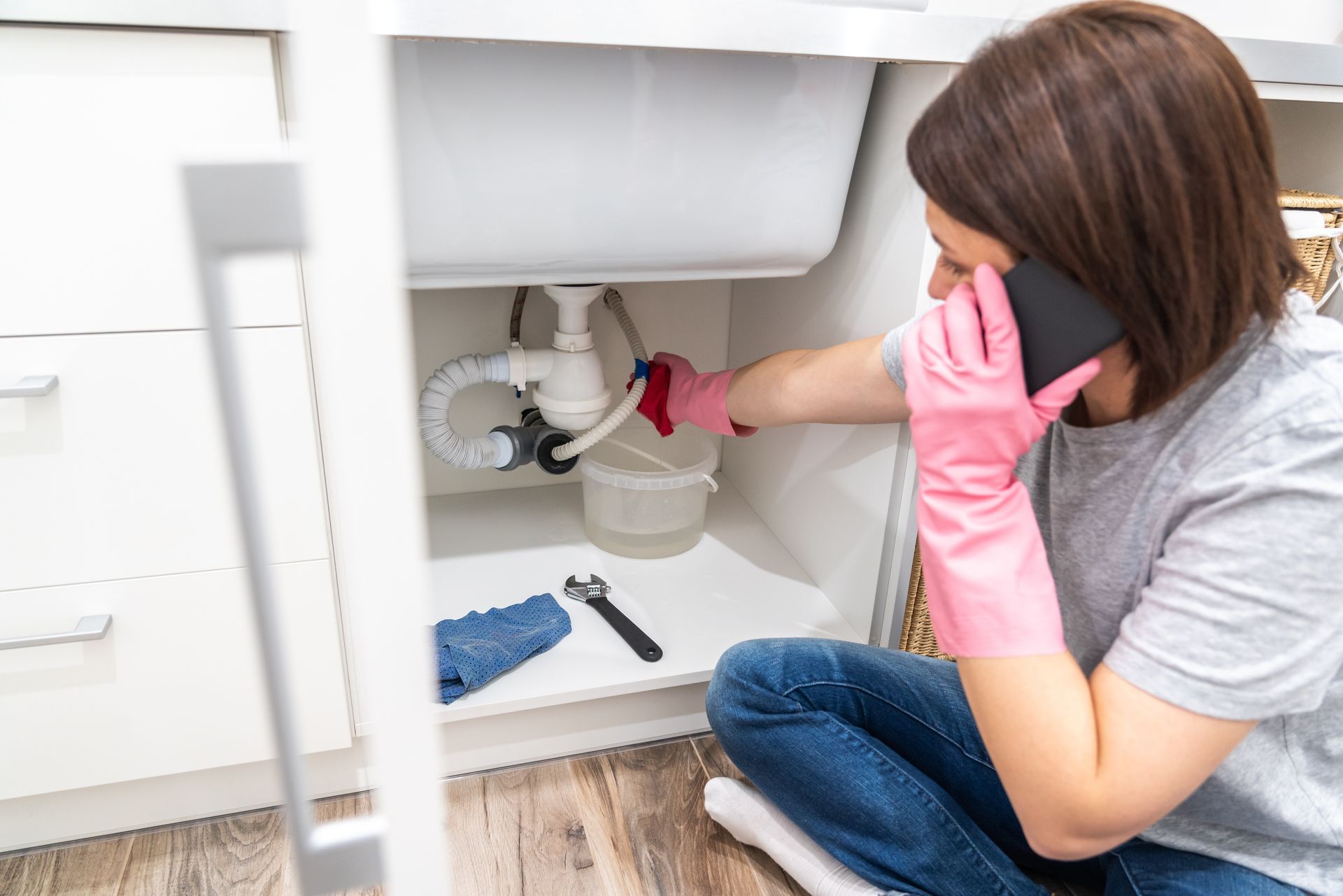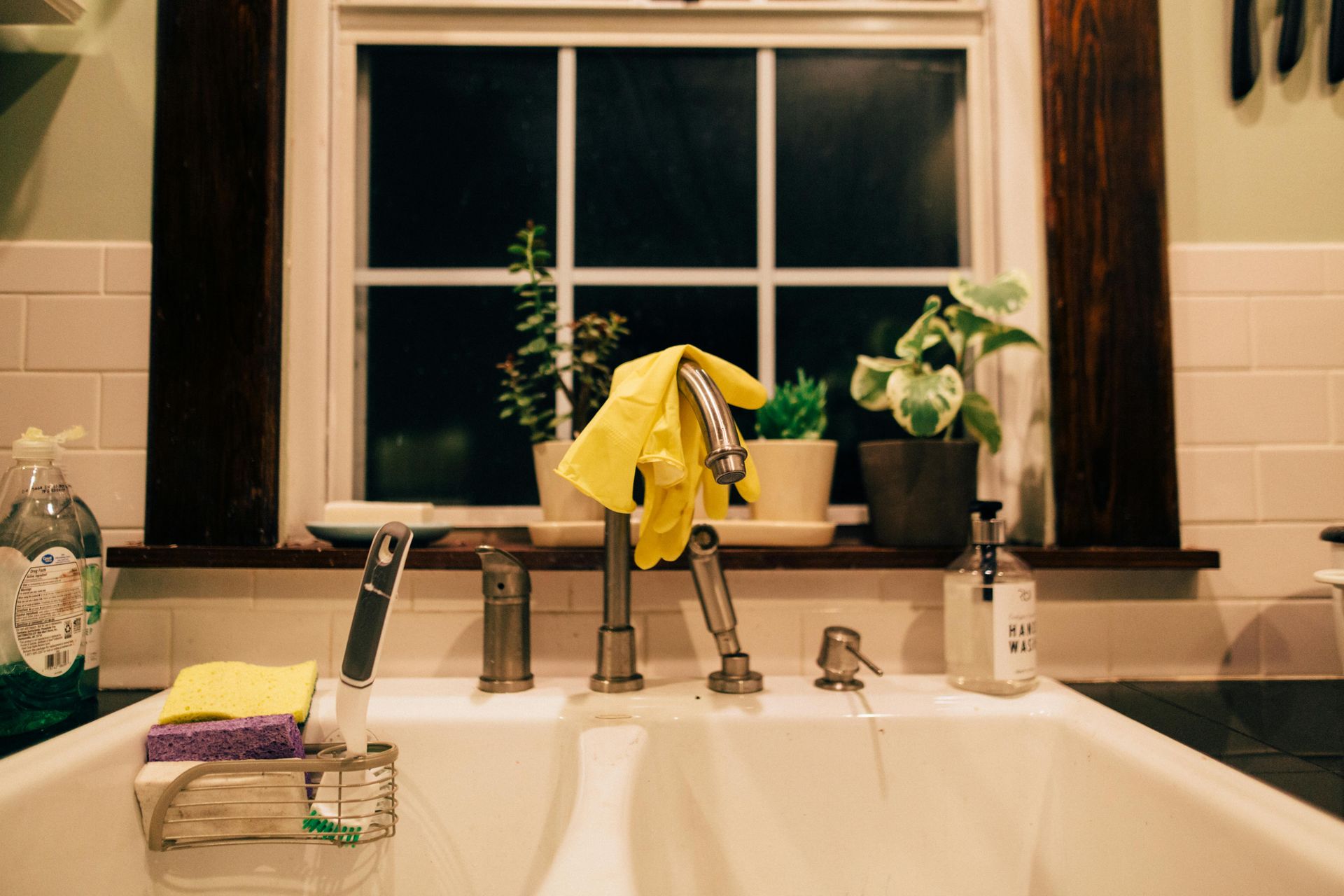How to Prevent a Clogged Drain
Let's face it: dealing with a clogged drain is no one's idea of a good time. Whether it's a slow-draining sink or a bathtub that's refused to drain for days, clogs are inconvenient, gross, and can sometimes cause major plumbing issues. But fear not, because, in this blog post, we're going to share with you some expert tips on how to prevent clogged drains and save yourself from the headaches and hassles that come with them. From simple household solutions to preventative maintenance, we've got you covered. So, grab a cup of coffee, and let's dive in!
Know What Goes Down the Drain
Let's start with the basics: knowing what you can and cannot put down your drain is crucial in preventing clogs. Here are some common household items that should never find their way down your drain:
- Oil and grease: These substances may seem harmless when they're warm and liquid, but once they cool down, they solidify and can cause major clogs.
- Coffee grounds: This may come as a surprise, but the small particles in coffee grounds can easily build up and clog your pipes over time.
- Food scraps: It's important to remember that your kitchen sink is not a garbage disposal. Food scraps can accumulate and cause blockages.
- Hair: In the bathroom, hair is one of the leading causes of clogs in drains. Be sure to use a hair catcher in your shower or bathtub to trap hair before it can cause a clog.
Proper Disposal of Household Products
Aside from kitchen and bathroom items, there are also everyday household products that can contribute to clogged drains. Here's how to properly dispose of them:
- Medication: Did you know that flushing medication down the drain can lead to contamination of our water supply? Instead, find a local pharmaceutical take-back program or mix the medications with something unappealing like coffee grounds and throw them in the trash.
- Cleaning products: Some chemical-based cleaning products can corrode pipes and cause clogs. Opt for natural and environmentally friendly cleaners when possible.
- Wet wipes: Contrary to popular belief, wet wipes are not flushable. They do not break down like toilet paper and can quickly accumulate in your pipes, leading to stubborn clogs.
Routine Maintenance
Prevention truly is the best medicine when it comes to clogged drains. By implementing a few simple maintenance tasks, you can significantly decrease your chances of dealing with a clog. Here are some tips:
- Regularly clean your drains: This includes removing hair from your bathroom sink and shower drains and using a drain cleaner on a monthly basis. Hot water, vinegar, and baking soda are great at-home drain cleaning solutions.
- Use a drain stopper: In sinks and tubs, a drain stopper can help prevent hair and other debris from going down the drain.
- Watch what you flush: Flushing items like feminine products, baby wipes, and dental floss can cause major clogs in your toilet. Stick to toilet paper and remember to only flush what's meant to be flushed.
- Have your pipes inspected: If you're experiencing frequent clogs, it's important to have a professional plumber come and inspect your pipes. They can identify any underlying issues and provide preventative solutions.
- Install drain screens: In the kitchen, drain screens can help catch food particles and prevent them from going down the drain.
Avoid Chemical Drain Cleaners
While it may be tempting to reach for a bottle of chemical drain cleaner when you're dealing with a clog, it's important to resist the urge. These harsh chemicals can not only cause damage to your pipes, but they are also harmful to both humans and the environment.
- Instead, try using a natural drain cleaner made from a mixture of hot water, vinegar, and baking soda.
- You can also use a plunger or a plumbing snake to physically remove the clog.
- For stubborn clogs, it's always best to call a professional plumber who can safely and effectively remove the blockage without causing further damage to your pipes.
Say No to DIY Fixes
As tempting as it may be to try and fix a clogged drain yourself, it's always best to leave it to the professionals. DIY fixes can often worsen the situation and lead to more costly repairs down the line.
- Avoid using makeshift tools like hangers or wire to try and remove clogs, as they can cause damage to your pipes.
- It's also important to never attempt to dismantle your pipes without the proper knowledge and equipment.
- When in doubt, reach out to a licensed plumber who can quickly and safely fix the problem for you.
Say Goodbye to Clogged Drains: Contact Us for Professional Plumbing Services in Martinsburg, WV Today!
Have you tried all the DIY tricks and household solutions to prevent clogged drains, but still find yourself dealing with frequent blockages? Don't stress, because our team at The Plumbing Trust is here to help. With our professional plumbing services in Martinsburg, WV, and the surrounding areas, we can keep your drains clean and clear, so you can go about your day without worrying about clogs.
Our licensed plumbers have years of experience and the proper equipment to tackle even the toughest clogs. We offer a range of services, including
tankless water heater services,
underground utilities,
water treatment, and
well pump repair, making us your one-stop shop for all your plumbing needs. So, why deal with the hassle and frustration of clogged drains on your own when you can leave it to the experts at The Plumbing Trust? Contact us at
(304) 249-4956 and say goodbye to clogs for good.
FAQs
